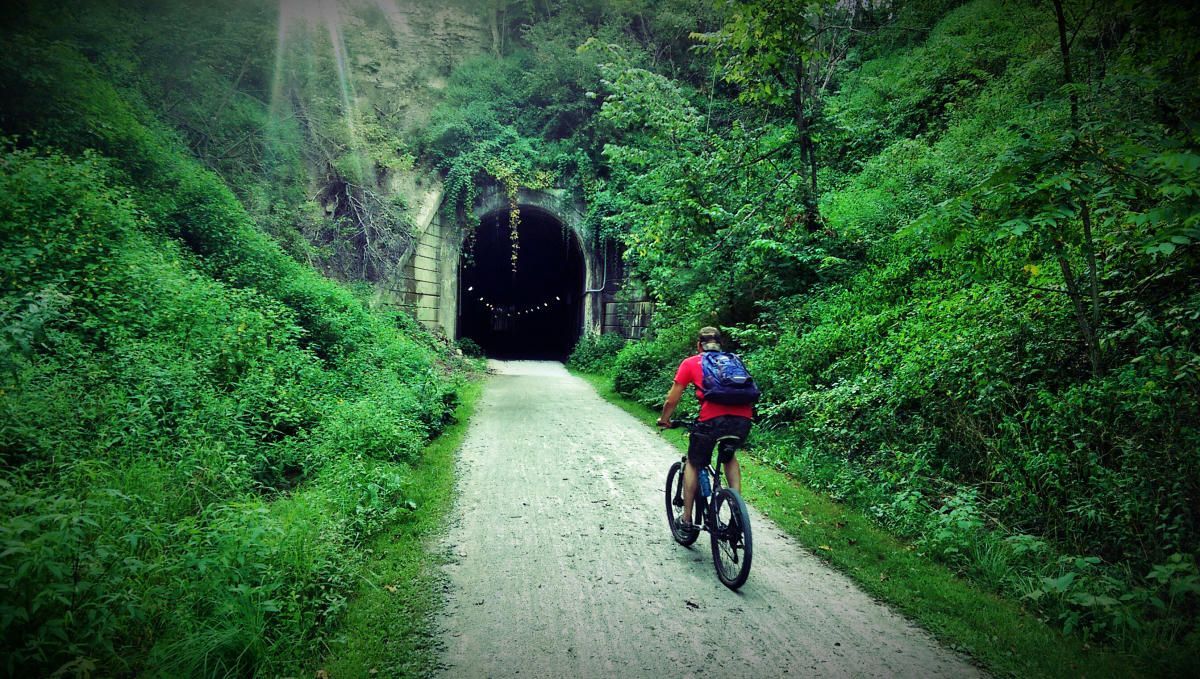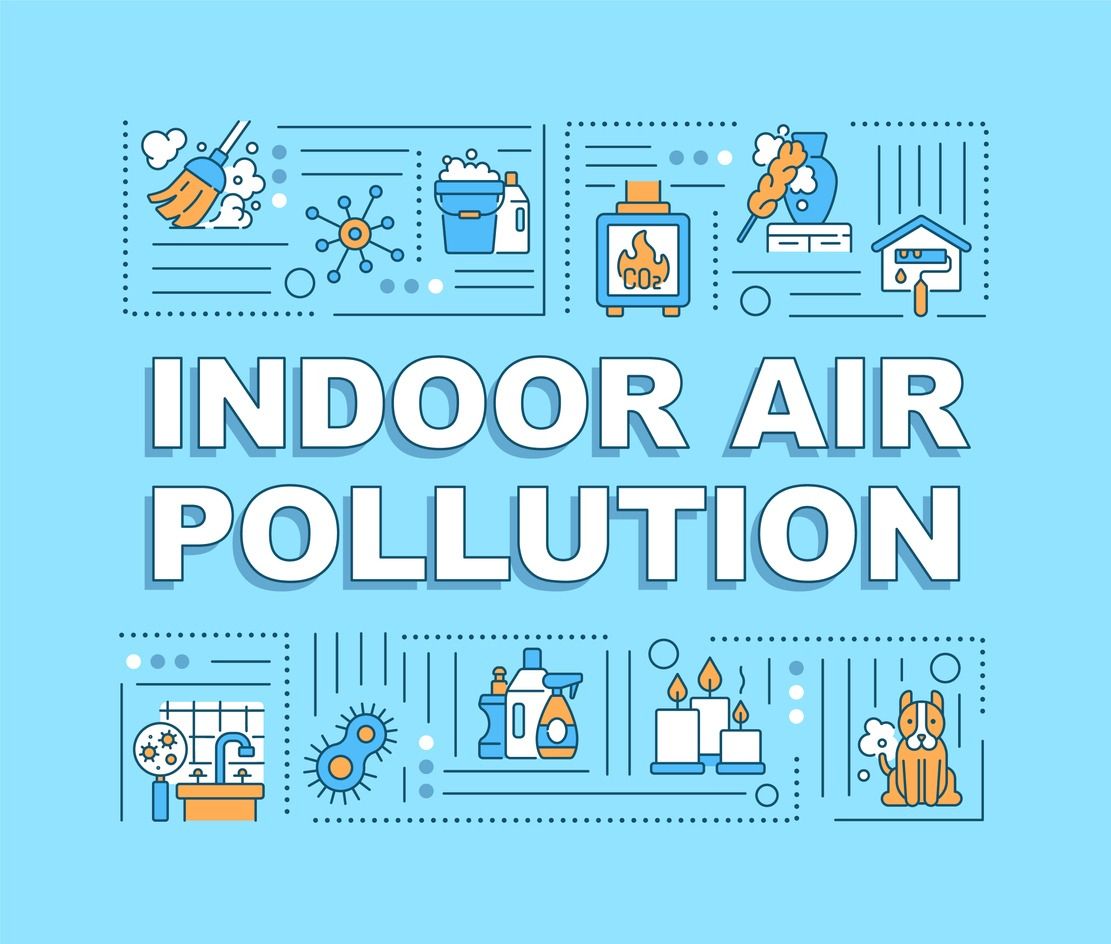SUSTAINABILITY

Sustainable Bethel Park
Sustainability is a key part of Bethel Park. We take sustainability seriously with the environment, our health, and our history. We are committed to maintaining and improving our Sustainable PA Community Certification.
Environmental Sustainability
Bethel Park values our environment. We take pride in keeping our neighborhoods and 14 parks clean and sustainable. Our long-term Comprehensive plan outlines our sustainability program and is updated yearly with our progress.
The Shade Tree Commission is Bethel Park’s advisory board over all public trees on public property or in the public right-of-way. Our mission is to maintain a tree canopy to enrich Bethel Park environmentally and to improve the quality of life for all residents. This Commission hosts annual tree plantings in desired green spaces and maintains a public online tree inventory for Bethel Park.
Recycled Water at Community Center
The municipality has an active recycling program and participates in difficult-to-recycle events in coordination with Pennsylvania Resource Council throughout the year. Residents can sign up for Hard To Recycle Event notices via the Garbage/Recycling list on our Subscriptions page. We have two annual community cleanup days and offer yard waste drop-off over the summer months.
Bethel Park is supported by two light-rail lines to access downtown Pittsburgh with Pittsburgh Regional Transit. Many of the light-rail stations incorporate parking lots for Park-n-Ride access. Park-n-Ride information can be found on PRT’s website.
Historical Sustainability
The Bethel Park Historical Society helps to preserve Bethel Park’s History through actively restoring the Bethel Park Schoolhouse Arts and History Center. The Bethel Park Historical Society also hosts remembrance events honoring veterans and reunions for previous Bethel Park School District classes.
The Montour Trail is a former railroad right-of-way turned walking/biking trail that runs south from the western side of Pittsburgh, turns east to run through Bethel Park, and then ends in Clairton, PA. It is the longest suburban rail-trail in the country. At the western end, the Montour Trail connects to the Great Allegheny Passage which stretches over 300 miles to Washington DC.
Coverdale/Miner’s Park, old-growth trees
Whiskey Rebellion
Health Sustainability
The Bethel Park Live Well series is a health and wellness series that is broadcast on BPTV and via our Facebook page. We feature experts in the fields of medical and mental health, financial health, and others.
Bethel Park is home to numerous neighborhood and county parks with various recreational activities available. One can bike the Montour Trail, swing on a jungle gym, play softball, and even relax and watch a herd of buffalo.
Our Community Center offers a wealth of recreational programs ranging from sports to relaxation and meditation for all ages.
Senior residents have access to additional programs that include lunch programs, social hours, walking track access, and exercise programs.
Food is an essential part of a person’s health, and we support that with our award-winning weekly summertime Bethel Park Farmers’ Market that gives residents access to fresh, locally-sourced food.
During the winter months, we offer a scaled-down version of the Farmers’ Market called No-Cook Tuesdays that features local food trucks and select farm vendors.

SUSTAINABILITY NEWS






